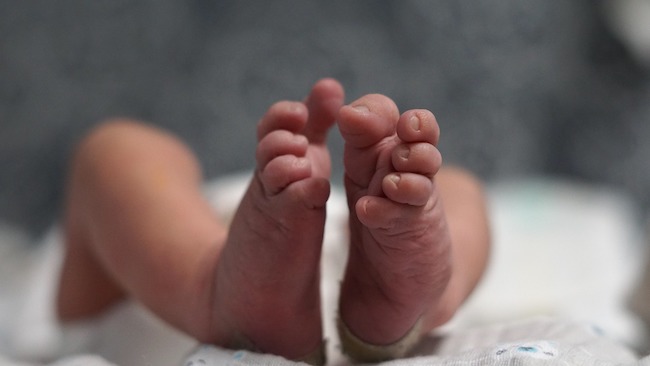
The Hebrew women are unlike the Egyptian women. They are chayos/experts. Before the midwife comes to them, they have given birth.[2]
Nine is an enigma. At least in regard to “Echad Mi Yode’a” that we sing towards the end of the Pesach seder. Nine, we are told, corresponds to the months of childbirth. But what of it? All the other numbers are linked to things that are special to the Jewish people. The nine-month term of human gestation seems pretty universal. Nothing particularly Jewish about it.
Or maybe there is.
Paroh’s edict appeal to the midwives did not reflect any queasiness on his part about killing them more directly. It was the optics of the matter than bothered him. As Ramban[3] explains, it just wouldn’t look very good to wield swords against a people who had been officially invited to dwell in Egypt by one of his predecessors. Better to use a bit of subterfuge.
So there was no outright genocidal edict. He eased his people into infanticide by first placing a corvée tax on foreigners. It seemed fair enough. Other countries did the same. Good citizens ought to show their gratitude by participating in public works projects. In time, the voluntary labor became forced labor.
Next, he enlisted the aid of the midwives. If they acted efficiently and discretely enough, even the mothers would not realize what happened.
After that, he subtly encouraged mass participation in killing newborn males by leaking news that Egyptians who acted on their hatred and threw babies into the river would effectively not be prosecuted. Only after all of this – after people had gotten used to the idea of murder – did he order that babies be cast into the water.
How, though, did he attempt to convince the midwives to commit murder? By speaking with great cunning. He told the midwives that they would be doing a great favor to the mothers. These women had more or less accidentally gotten pregnant. Their male children would live lives of harsh servitude. What mother wanted to witness that? Mother and child would both be better off if the baby died in infancy, and would not be destined to a life of misery! The midwives would be angels of mercy, if they could eliminate the unwanted pregnancies while the mothers were still on the birth-stool, before they bonded with their babies.
The midwives countered: These Jewish women are not like our Egyptian ones. They are chayos; they celebrate life! Indeed, they live for their children, and for the future. Their attachment to their children begins well before we arrive on the scene. They love them from the beginnings of their pregnancies.
Who knows nine? Nine are the months of childbirth. To other peoples, the nine months are the months of pregnancy, not of childbirth. But to Jewish women, all nine months are months of childbirth, full of love and concern for the baby-to-be as if he had already been born.
- Based on Chidushei R. Yosef Nechemia (Kornitzer), 1880-1933, Rov of Krakow ↑
- Shemos 1:19 ↑
- Ramban Shemos 1:10 ↑


